Yasmin Medication Overview
Yasmin is an oral contraceptive pill containing a combination of drospirenone and ethinyl estradiol. It is used for preventing pregnancy and may also be prescribed for managing acne or regulating menstrual cycles in women of reproductive age.
Pharmacological Class
The active ingredients in Yasmin, drospirenone, and ethinyl estradiol, classify it as a combined hormonal contraceptive, which works by preventing ovulation, thickening cervical mucus, and altering the uterine lining.
Indications for Use
Yasmin is indicated for the prevention of pregnancy in those who choose to use oral contraceptives as their method of contraception. It has secondary indications for the treatment of moderate acne vulgaris in females at least 14 years of age who have started menstruating and desire an oral contraceptive for birth control.
Dosage and Administration
Yasmin is administered in a 28-day cycle consisting of 21 active hormone-containing pills followed by 7 inert pill. It should be taken once daily at the same time each day, starting on the first day of the menstrual cycle or the first Sunday after menstrual bleeding begins.
Active Ingredients
Each Yasmin tablet contains 3 mg of drospirenone and 0.03 mg of ethinyl estradiol. The 7 inert pills in the pack do not contain any active hormones.
Contraindications
Yasmin is contraindicated in individuals with a history of thrombotic or thromboembolic disorders, hormone-sensitive tumors, liver disease, undiagnosed abnormal uterine bleeding, pregnancy, or in smokers over 35 years of age due to an increased risk of cardiovascular events.
Drug Interactions
Concomitant use with Hepatitis C drug regimens containing ombitasvir/paritaprevir/ritonavir, with or without dasabuvir, may increase serum levels of hepatic enzymes. Yasmin may interact with drugs that induce cytochrome P450 enzymes, potentially decreasing its effectiveness or increasing breakthrough bleeding.
Pharmacokinetics and Metabolism
Drospirenone and ethinyl estradiol are subject to first-pass metabolism and are metabolized in the liver. These components exhibit an elimination half-life of approximately 30 hours and 24 hours, respectively. Yasmin’s contraceptive effect is established over the course of 7 consecutive days of administration.
Special Populations
Use of Yasmin in postmenopausal women is not indicated, and it should be used with caution in women with renal impairment, adrenal insufficiency, or in those with a high risk of arterial or venous thrombotic diseases.
Adherence and Missed Dose
For optimal efficacy, Yasmin should be taken consistently at the same time each day. In the event of a missed dose, the protocol for missed pills should be followed, which varies depending on the week of the cycle during which the pill was missed.
Common Adverse Effects
Potential adverse effects include nausea, headache, breast tenderness, weight gain, mood changes, and menstrual irregularities. Yasmin carries an increased risk of venous thromboembolism compared to non-users of oral contraceptives.
Monitoring Parameters
Women taking Yasmin should undergo regular monitoring, including blood pressure assessments, breast exams, pelvic exams, and Pap tests. Clinicians should evaluate patients for new onset of headaches, visual changes, or signs and symptoms of thrombosis.
Overdosage Management
In case of overdose, Yasmin may cause nausea, vomiting, and withdrawal bleeding in females. There is no specific antidote, and treatment should be symptomatic. Gastric lavage may be considered soon after ingestion.
Storage Conditions
Yasmin should be stored in its original package at room temperature between 20°C to 25°C (68°F to 77°F), away from moisture and heat. The medication should be kept out of reach of children and pets, and not be stored in a bathroom or near a sink.
Patient Counseling Information
Patients should be counseled on the necessity of taking Yasmin at the same time every day and what steps to follow if a dose is missed. They should be made aware of the potential side effects and the need to contact their healthcare provider if severe adverse reactions or symptoms of blood clots occur.
Effects on Laboratory Tests
Yasmin may interfere with certain laboratory tests, including liver, thyroid, adrenal, renal function, plasma levels of (carrier) proteins, and lipid/lipoprotein fractions, potentially causing diagnostic confusion or altered test outcomes.
Transitioning from Other Contraceptives
Patients transitioning from another form of contraception to Yasmin should complete the current cycle of their previous contraceptive method and start Yasmin the next day if previously on a combination oral contraceptive or on the day the implant or intrauterine device is removed if using one of these methods.


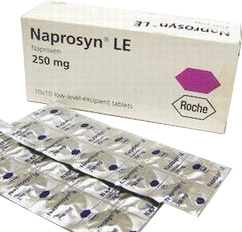
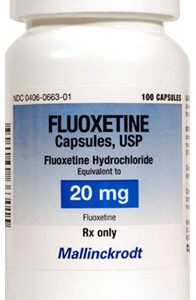
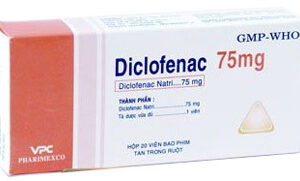
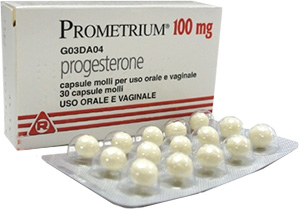
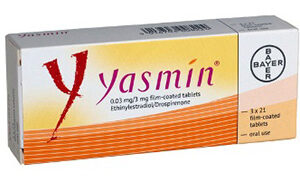
Reviews
There are no reviews yet.